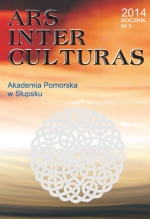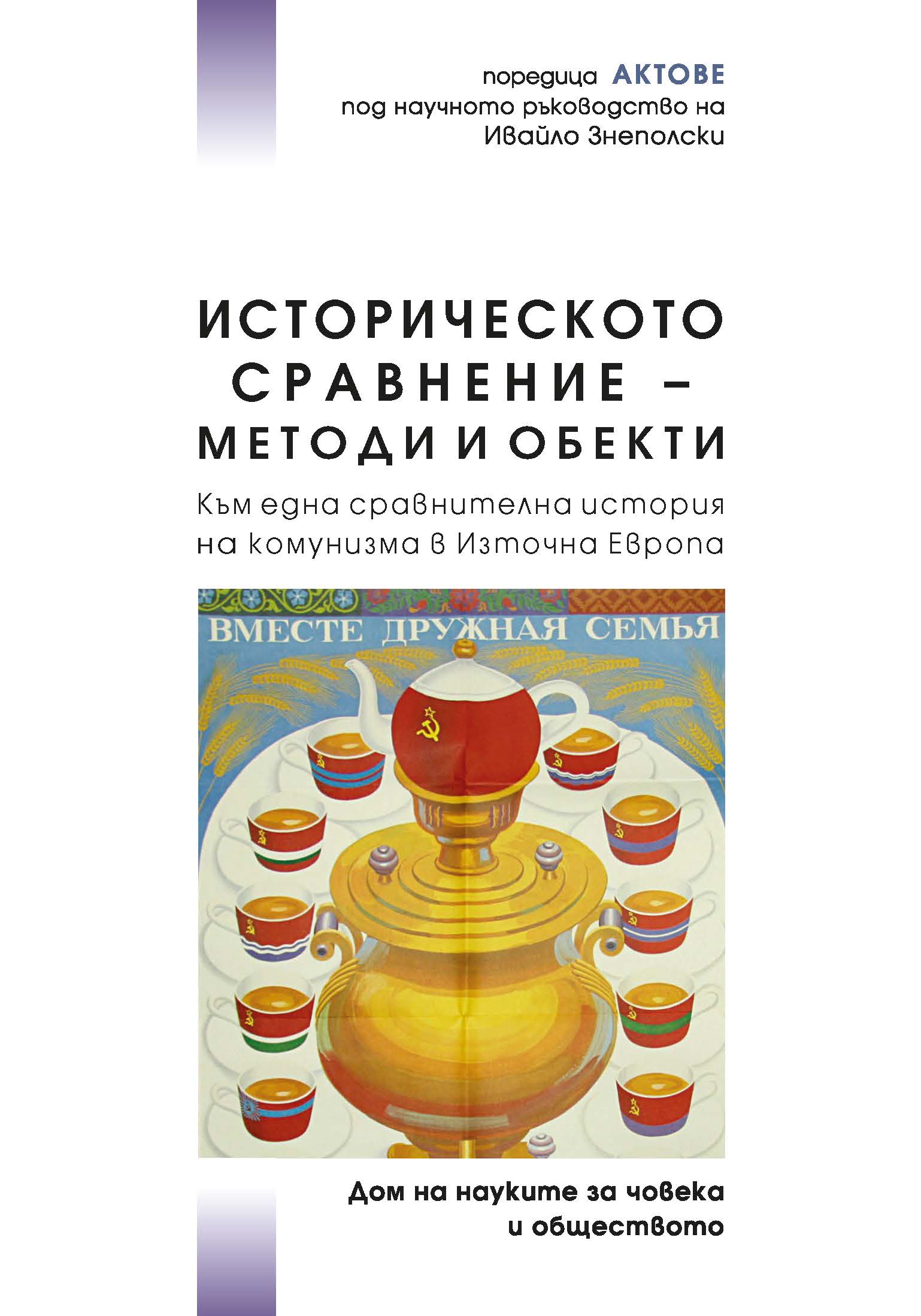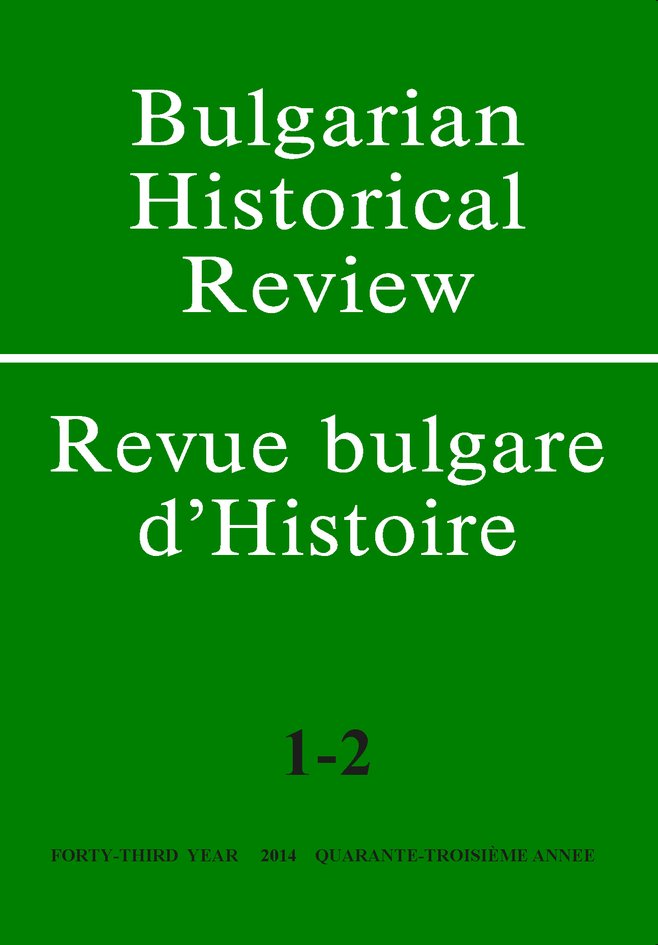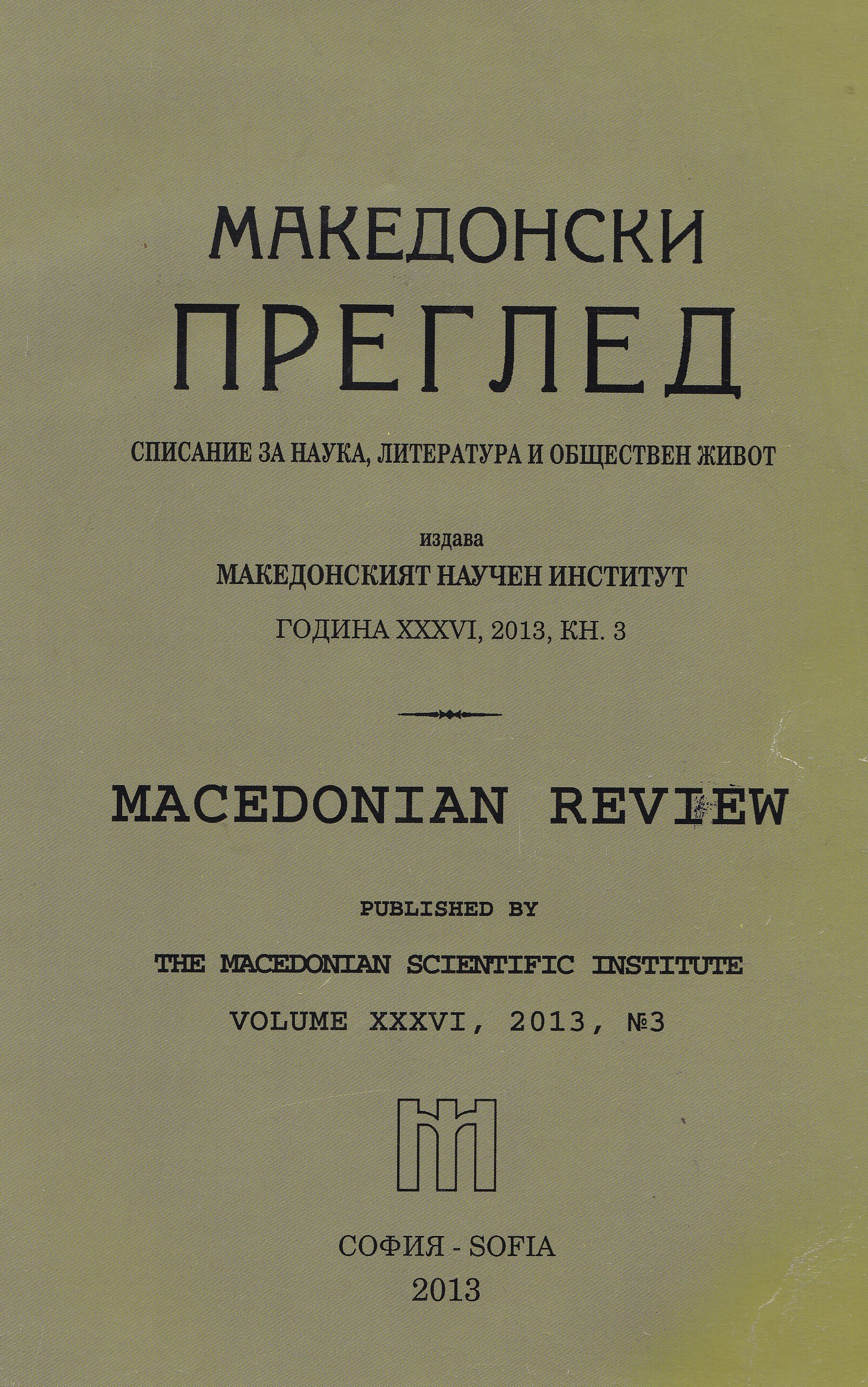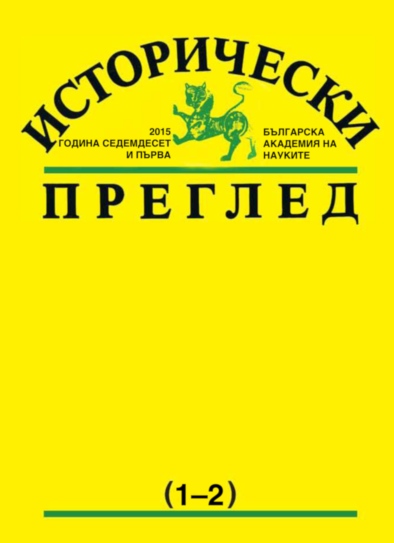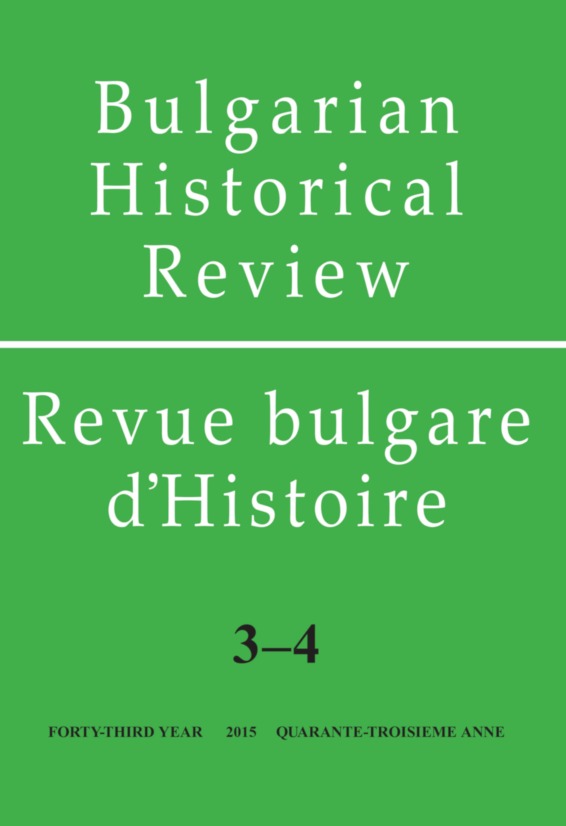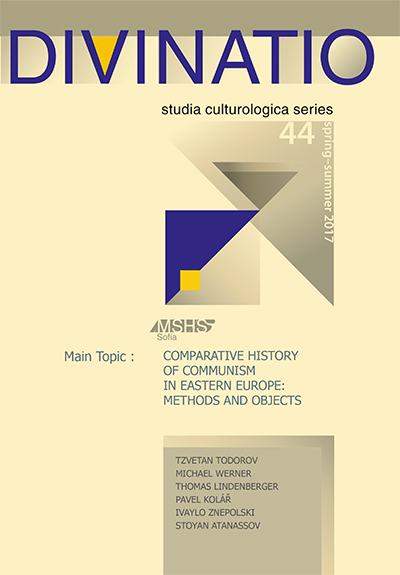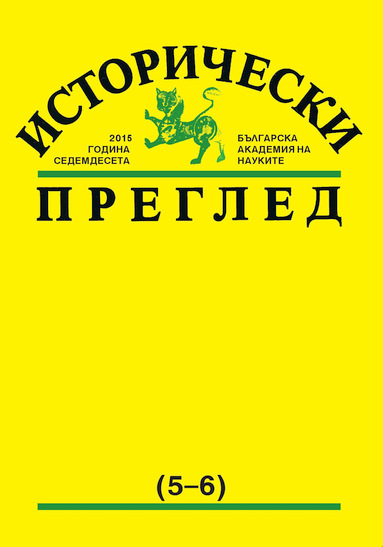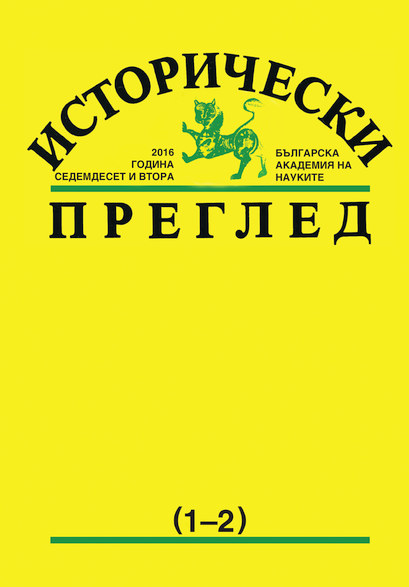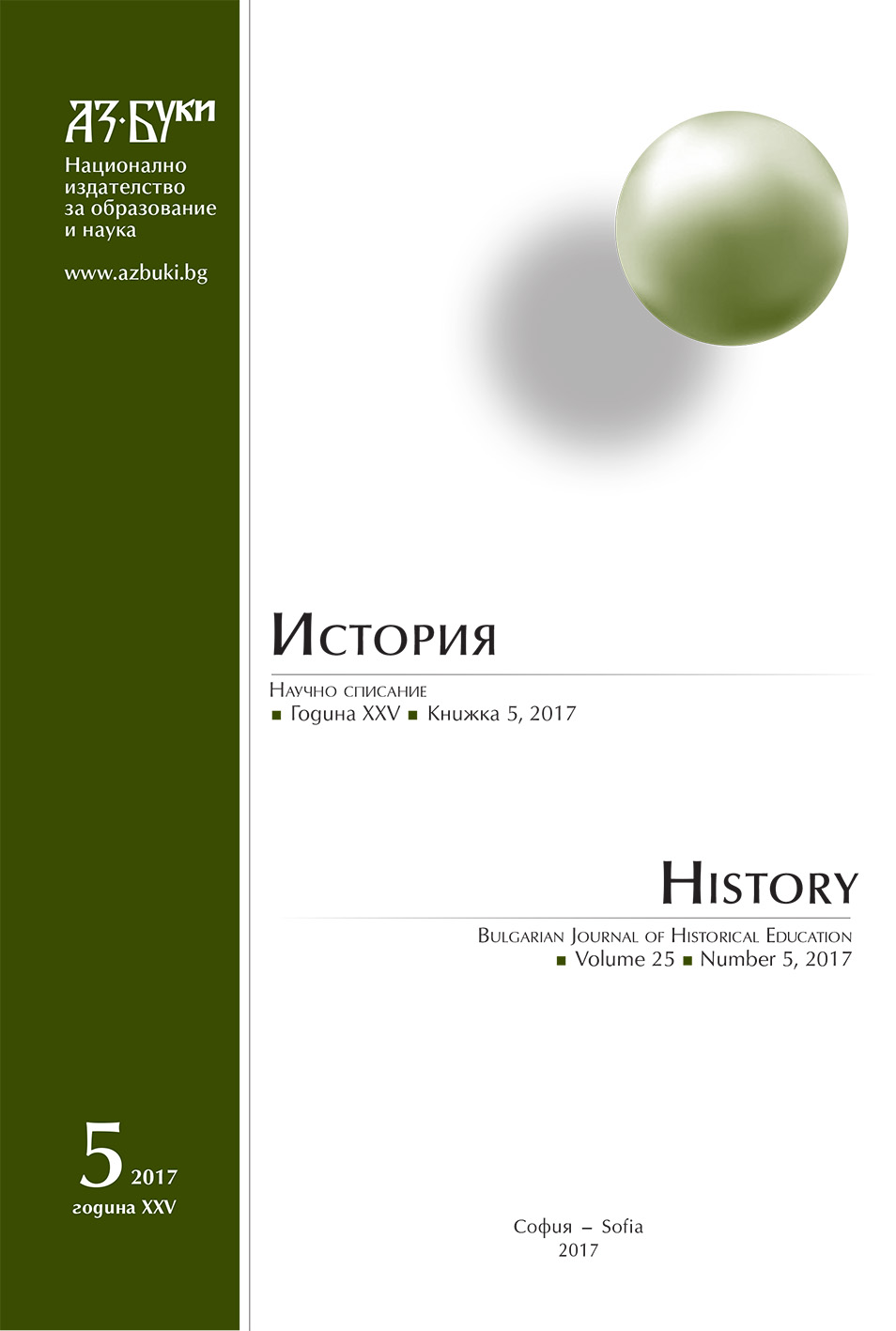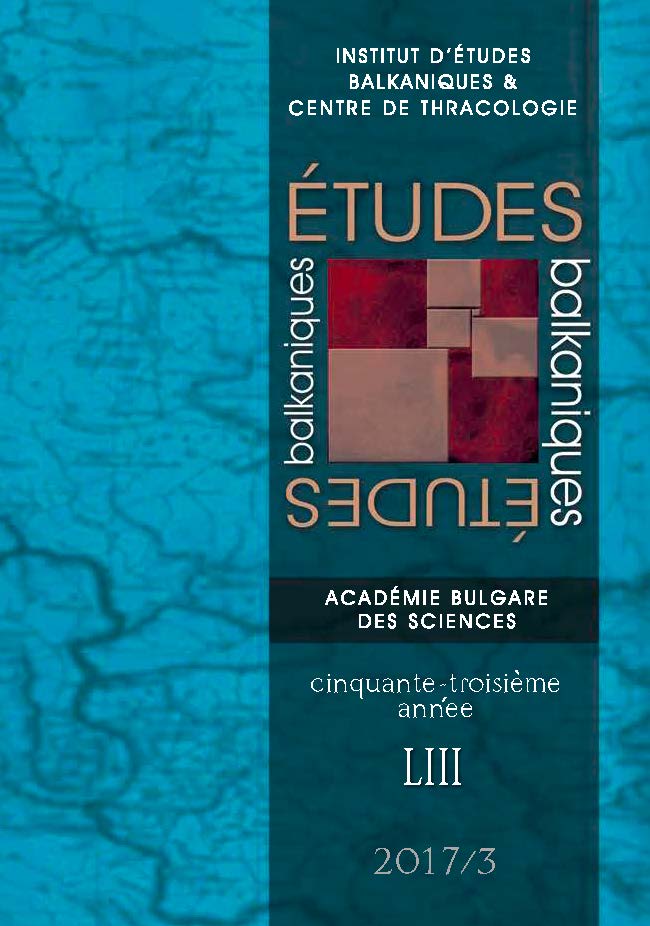Author(s): Victor Spinei / Language(s): English,Romanian
Issue: 1/2014
The legendary cycle of the ritual hunt of the so-called guiding animal (das wegweisende Tier, l’animal-guide) benefited from an ample diffusion in space and time, as it was identified among numerous ethnic groups within Europe and Asia, in Antiquity and in theMiddle Ages, sometimes with unblurred echoes in the subsequent eras. The myths circumscribed to this thematic conglomerate do not represent a simple episode within the current ritual practices, but they embody insightful connections with the overall ancestral religious beliefs, with implacable demographic restructurings and with profoundly meaningful political moments. The essence of the legends related to the ritual hunt of the guiding-animal consisted of pursuing and even sacrificing a wild mammal (more rarely a domestic one), by a human community, led by the animal towards a convenient place. In this place, an important settlement, a city, a house of worship, a state body or one that provided appropriate standards of living was founded. Either the animal was tracked down within a hunting enterprise, or the animal itself assumed the guidance of a community; the latter accepted this position because it felt that it would be profitable for its destiny. The purpose of involving the animal in the life of the human group was to help it get out of a precarious condition and to offer it better standards of living. Hence, the larval state, without any horizon, was surpassed and a preponderant position within the terrestrial universe was acquired. The animal in question was endowed with condescendence, with an infallible sense of orientation and a miraculous force, which induces the idea that it was an emissary of the divinity. Although ritual-hunt legends were created in several places of the world, one cannot exclude influences and borrowings – mostly concerning details – among neighbouring communities, stimulated mostly by the migration of human masses and by the improvement of the commercial, confessional or other types of relations. As the migratory waves crossed transcontinental routes and they adopted foreign idioms, going through acculturation, confessional proselytism and activating other complex interconnection networks, they transferred and proliferated customs, myths and rituals of highly diverse origins. That, all the more as humankind has never and nowhere had an evolution with autarchic attributes.
More...
